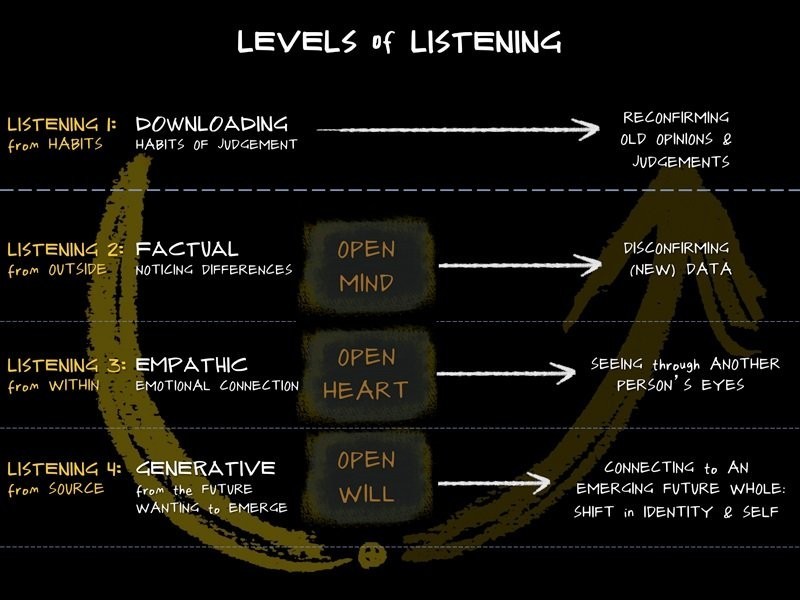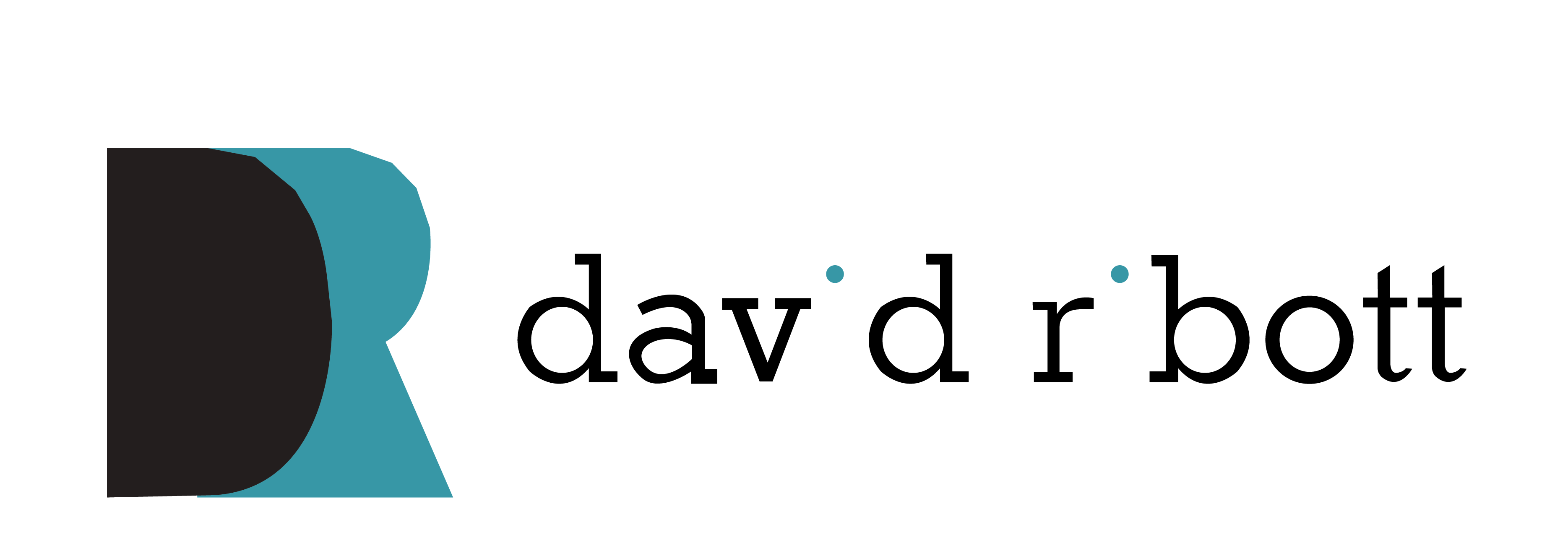Following up on Pt. 1 of this article, let’s build on the previous themes of balancing equal parts – challenge and support, the dynamics and data on change management, the need to align strategy and culture, and segue onwards to…

Lack of planning and clarity in transitioning existing expat talent re: Nationalization mandates comes at a cost…
No matter the stage[s] with which organizations are engaged in Emiratization, Qatarization, and Saudization-related activities, there remains heavy reliance on expat talent to take on operational and advisory assignments to help build and / or maintain organizational continuity.
Continuity, within a fluid, continuous evolving and highly matrix environment, requires…..

(Source: Richard Barrett – Trust Matrix)
TRUST, not surprisingly, reflects the Character and Competence of both people and people’s perception of their organizations.
The long view for countries who employ Nationalization mandates has always been to encourage organizations operating within its borders to move toward developing local talent to eventually take on leadership roles currently or once occupied by expat talent.
How these transitions are handled, however, will go a long way to ensuring the kind of CHANGE results that are intentionally enabled…….and to go back to what we know about the lack of success connected to CHANGE – this is no small feat………and requires a sophisticated approach.
In Reid Hoffman’s book, The Alliance, his adaptation of military “Tours of Duty” points us in a direction for how to design and manage long-term and short-term work assignments for the mutual benefit of both employer and employee with MUTUAL BENEFIT being the key.
Anything less than Mutual Benefit will negatively impact Results vis-à-vis Strategy and Culture misalignment.
To create a safeguard to ensure Mutual Benefit, it’s important to recognize before there can be Mutual Benefit, there needs to be effective communication.
In order to lay the foundation for effective communication, both parties (employer and expat talent) have to be committed to listening to enable a deeper understanding from which we can drive collaborative spirit…..to reach MUTUAL BENEFIT.

For guidance in this area, I recommend becoming familiar with Otto Scharmer‘s levels of listening from his course on MITx
– listening 1: DOWNLOADING represents listening from what we know which re-confirms our opinions and judgements
– listening 2: FACTUAL LISTENING is where we’re able to notice differences because we’re able to access an OPEN MIND, and dis-confirms expectations that form from our opinions and judgements
– listening 3: EMPATHIC LISTENING allows us to see situations from the eyes of others because we’re able to access OPEN HEART to make emotional connections, that again, remove judgements and other barriers
– listening 4: GENERATIVE LISTENING connects to our OPEN WILL to free ourselves from restrictions to be fully present to what is happening in the moment in order to “let go” and “let come” – listening without being driven by the needs of our EGOs.
…….here is a video tutorial to deepen your understanding of the different levels

(Source: The Presencing Institute – Otto Scharmer)
When we’re able to listen at the deepest levels, our communication is positioned to create the parameters for mutually beneficial work assignments e.g. MUTUAL BENEFIT.
With the world of work changing globally – lifetime employment with a single company and the mindset “employees should be happy to have a job, so they should just get on with their work” are things of the past.
Adding further nuance to this changing world view of work are the mandates of Emiratization, Qatarization, Saudization e.g. Nationalization, which have their own inherent challenges to overcome before a path to success is possible.
The path to success, however, is possible…….and is worth the effort…….for it leads to transformation…..but calls for strong leadership to be able to lead the transition from…….Ego-System to Eco-System.
Leading change with EGO will only cripple an organization internally to prevent a culture of TRUST
and
without TRUST there will regularly be breakdowns in communication to impede MUTUAL BENEFIT
and
without MUTUAL BENEFIT what kind of AN ALLIANCE can we expect to co-create
and
what RESULTS do you imagine will emerge from this kind of environment?
________________________________________________________
About David

David is a sustainable leadership development advocate and practitioner, who is focused on creating the conditions for people development and organizational success.
His passion for sustainable leadership is grounded in the belief that all people and organizations can “disrupt” their performance when the right conditions for success are intentionally cultivated with all stakeholder needs front and center.
He can be contacted at [email protected].





